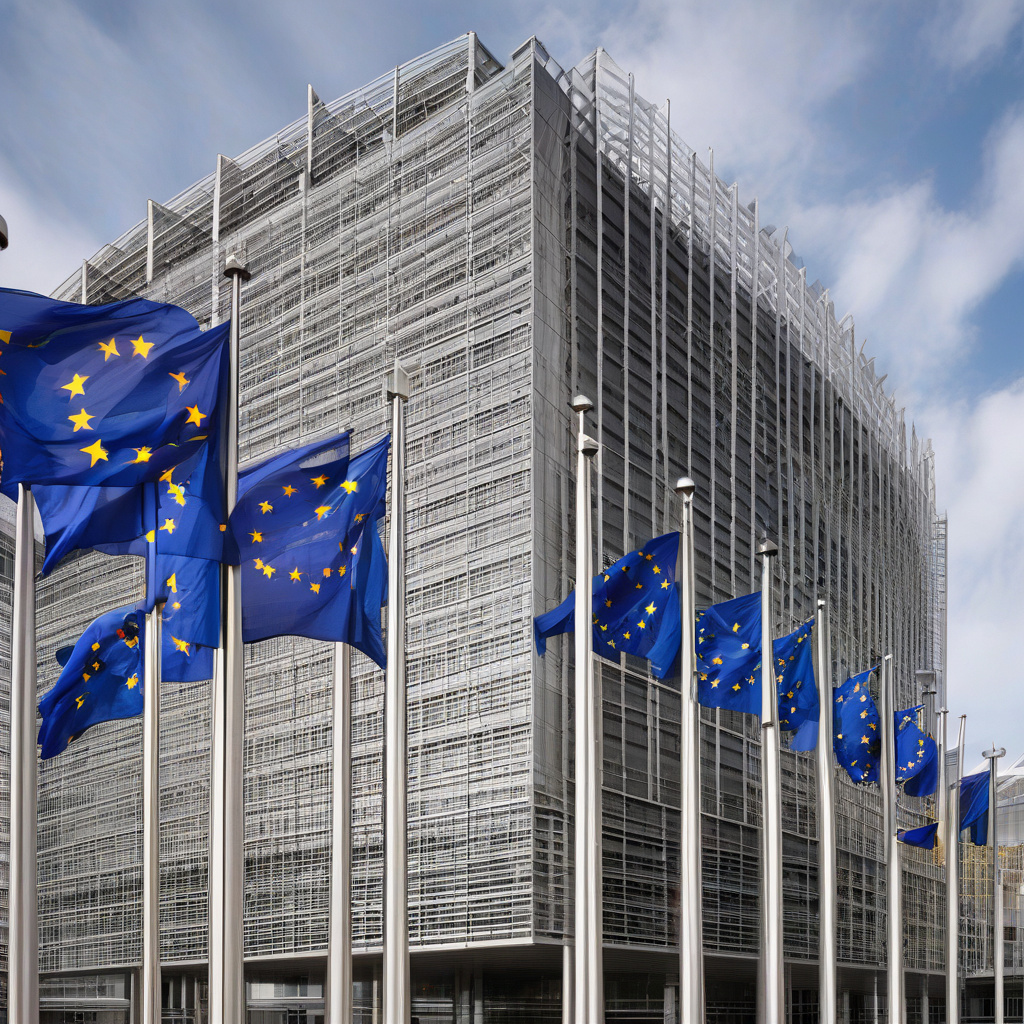Meta Faces Fresh EU Backlash Over Digital Markets Act Non-Compliance
Meta, the tech giant formerly known as Facebook, is once again in the hot seat as it faces renewed backlash from the European Union over its non-compliance with the Digital Markets Act. The company’s controversial ‘pay-or-consent’ strategy has drawn sharp criticism from EU regulators, reigniting data privacy battles in Europe.
The Digital Markets Act (DMA) is a landmark legislation aimed at promoting fair competition and enhancing consumer protection in the digital space. It seeks to rein in the power of tech behemoths like Meta by imposing strict rules and obligations on how they conduct business within the EU. One of the key provisions of the DMA is the requirement for large platforms to obtain explicit user consent before using their data for targeted advertising.
However, Meta’s ‘pay-or-consent’ strategy has raised red flags among EU officials and privacy advocates alike. The company has been accused of strong-arming users into consenting to data collection for targeted ads by threatening to withhold access to its services unless they agree. This approach not only skirts the spirit of the DMA but also raises serious concerns about the privacy and autonomy of EU citizens.
The backlash against Meta’s tactics comes at a time when the company is already under intense scrutiny for its handling of user data and its dominant market position. Recent scandals, such as the Cambridge Analytica data breach, have eroded trust in Meta and other tech giants, prompting calls for stronger regulations to protect consumers and ensure a level playing field for competitors.
In response to the mounting pressure, Meta has defended its ‘pay-or-consent’ strategy as a necessary measure to sustain its business model and provide users with personalized experiences. The company argues that targeted advertising is essential for delivering relevant content and supporting free services for billions of people around the world.
However, critics argue that Meta’s profit-driven approach prioritizes corporate interests over user rights and undermines the principles of privacy and consent enshrined in the DMA. They warn that allowing tech companies to flout regulations and exploit legal loopholes will only perpetuate the cycle of data misuse and anticompetitive behavior in the digital economy.
The showdown between Meta and the EU over the Digital Markets Act highlights the broader tensions between tech companies and regulators seeking to strike a balance between innovation and accountability. As the digital landscape continues to evolve, it is crucial for policymakers to uphold the principles of transparency, fairness, and user empowerment to ensure a healthy and competitive digital ecosystem for all.
In conclusion, Meta’s ‘pay-or-consent’ strategy has once again thrust the company into the spotlight for all the wrong reasons, drawing fresh EU backlash and reigniting data privacy battles in Europe. The outcome of this high-stakes standoff will not only shape the future of tech regulation in the EU but also set a precedent for how global tech giants are held accountable for their actions in an increasingly digital world.
Meta, EU, Digital Markets Act, data privacy, targeted advertising












